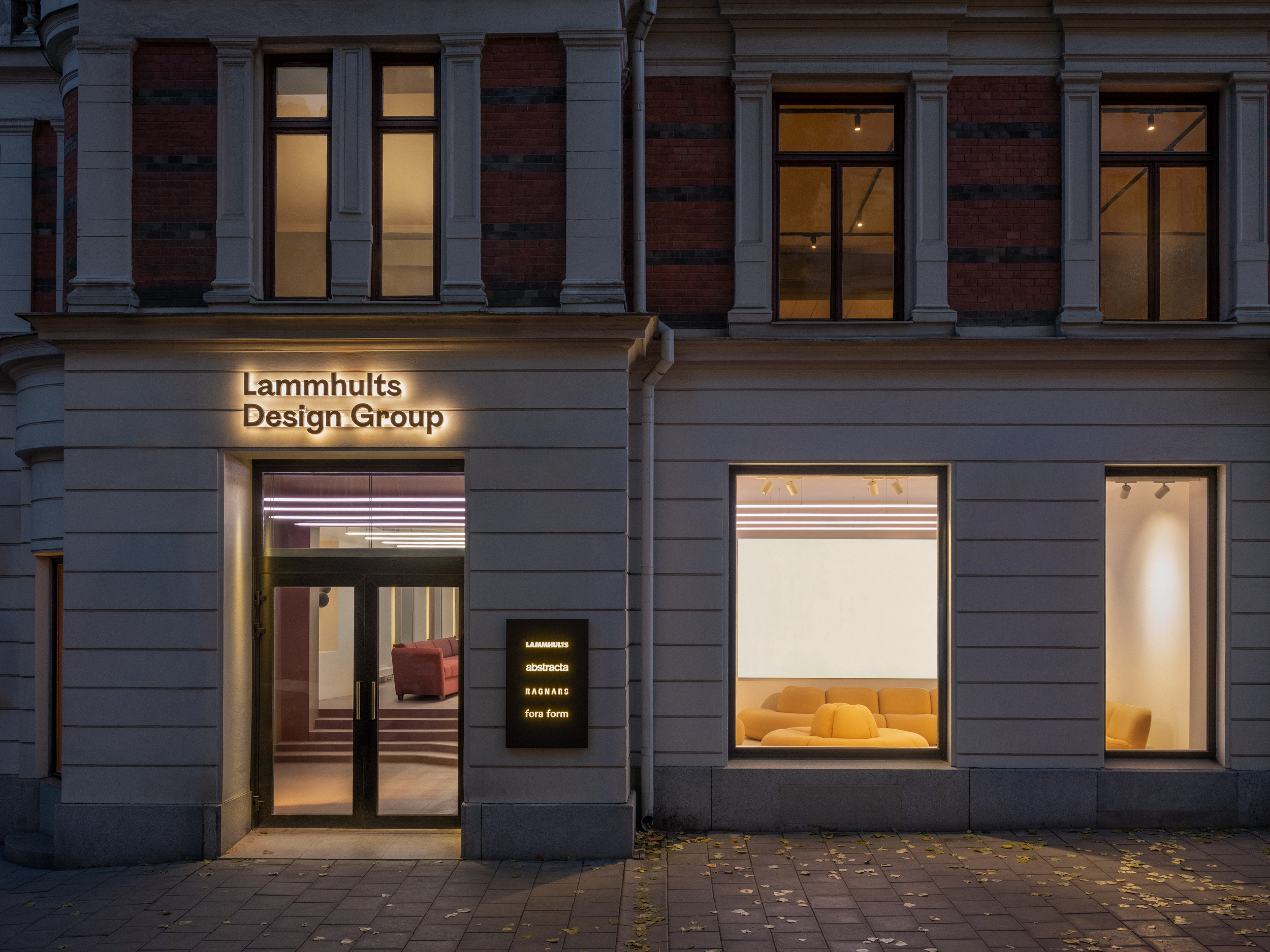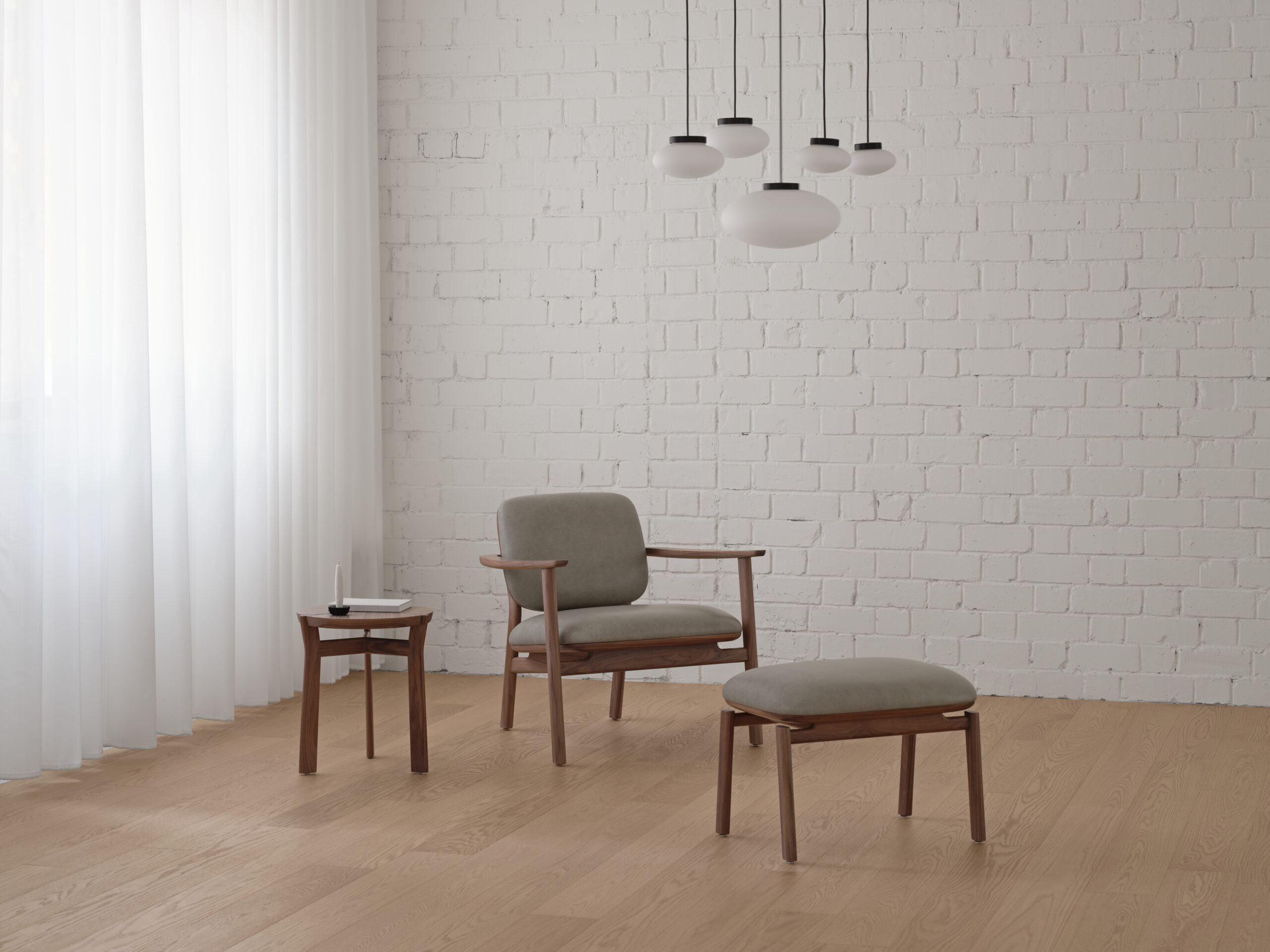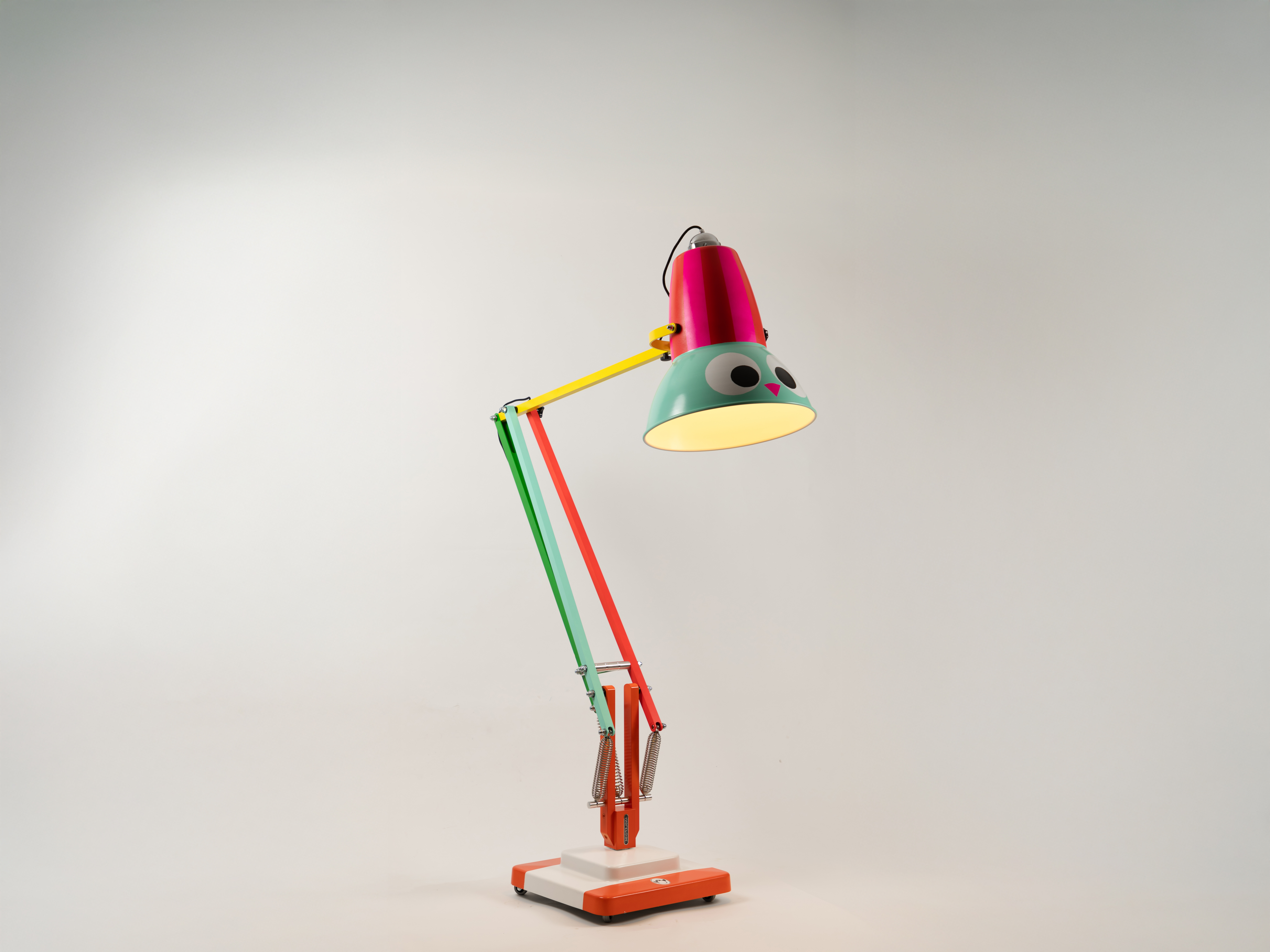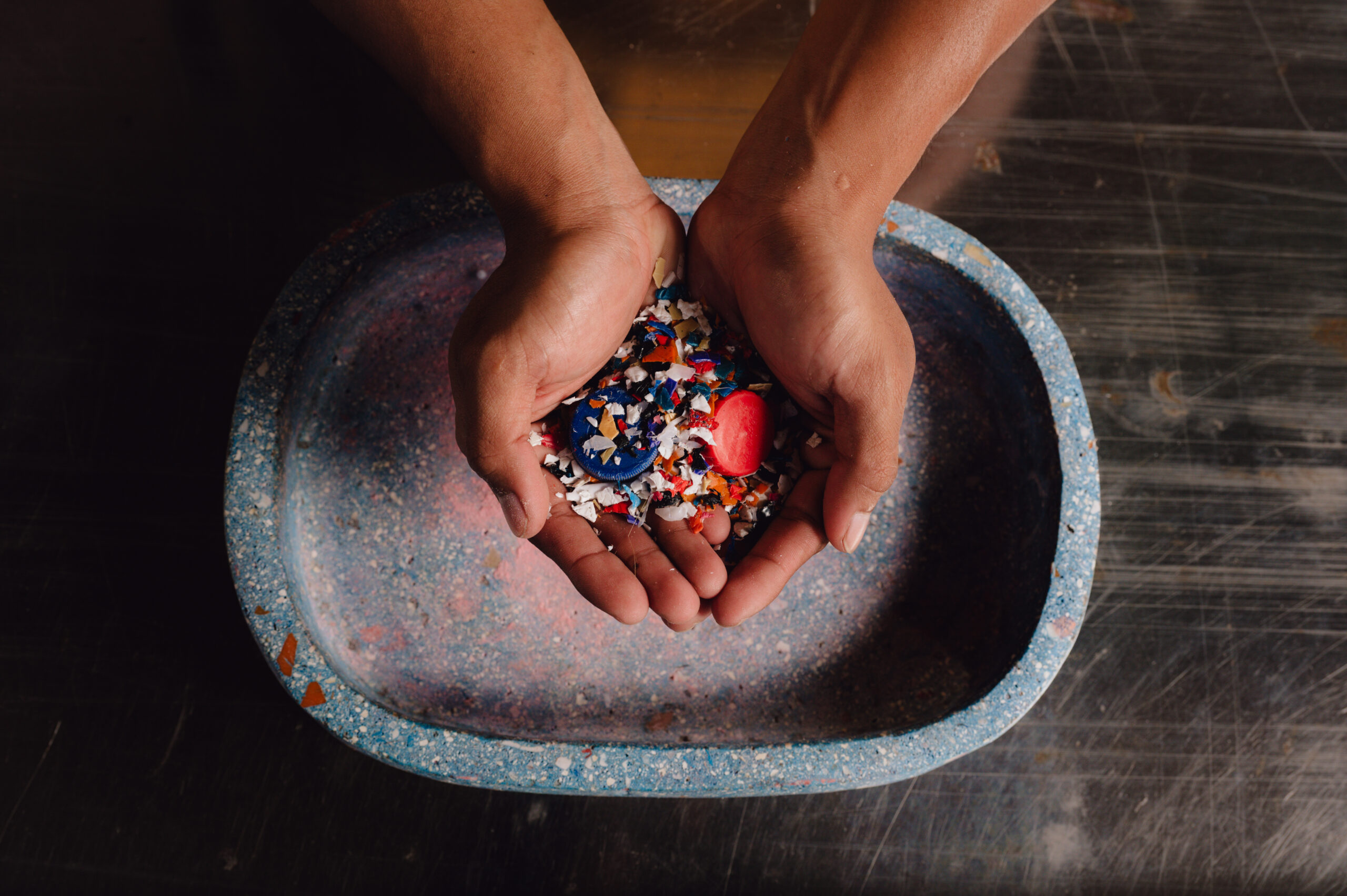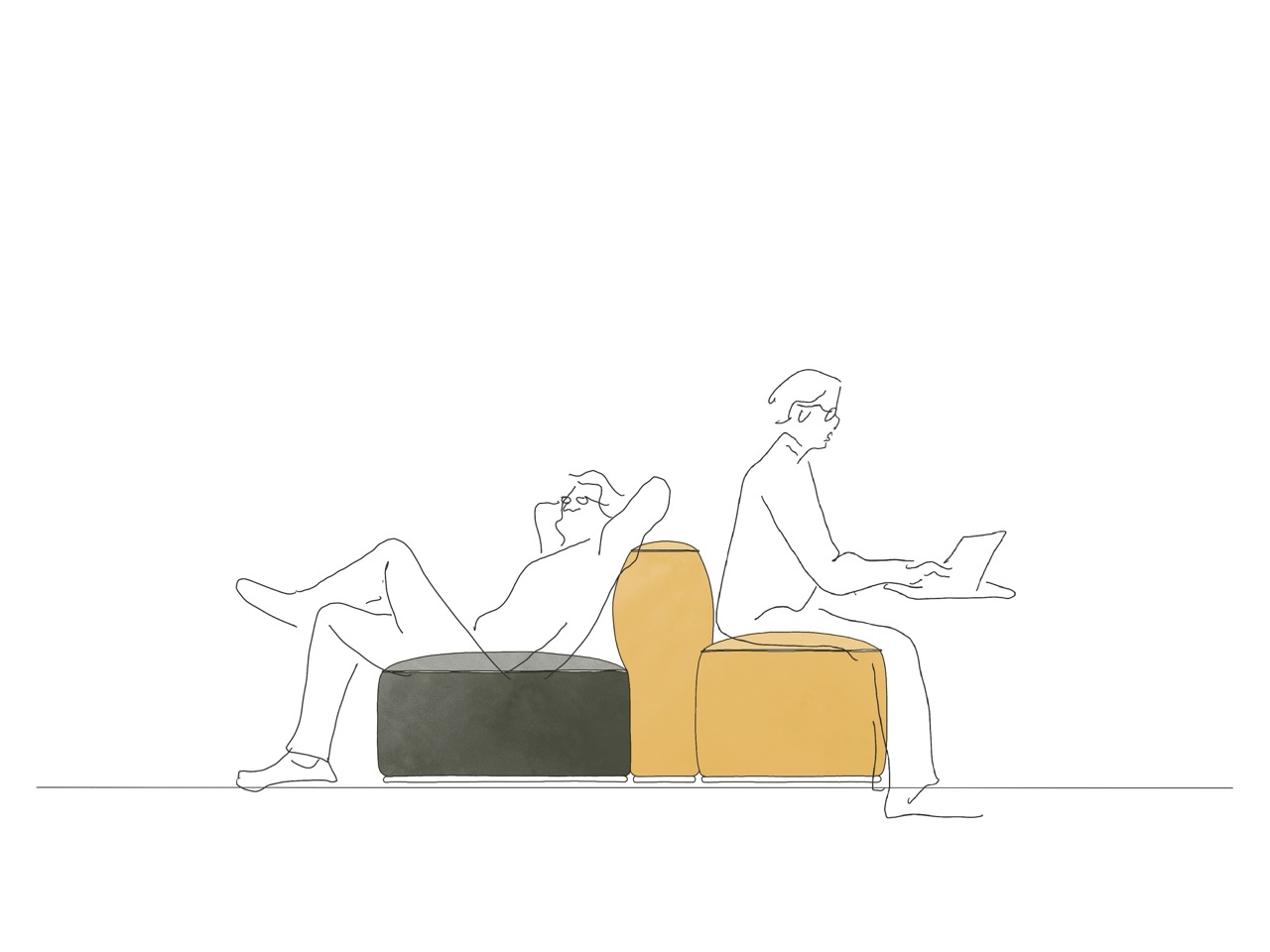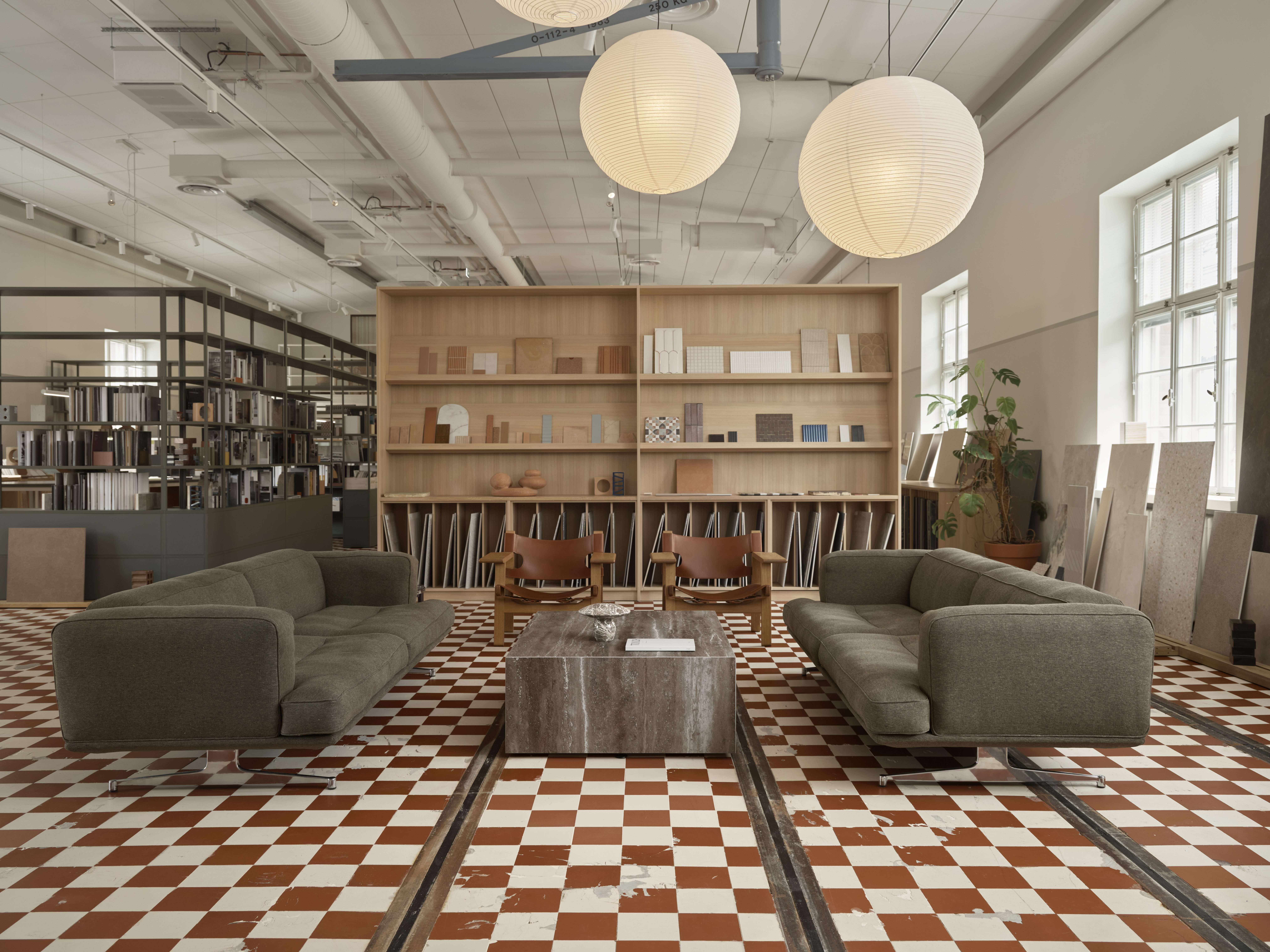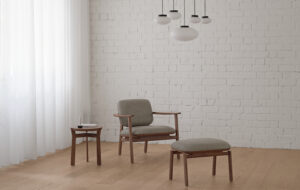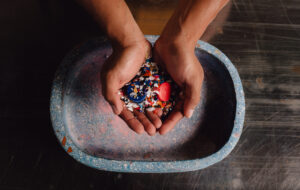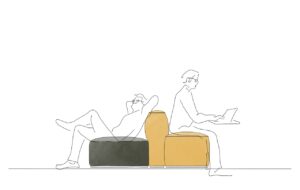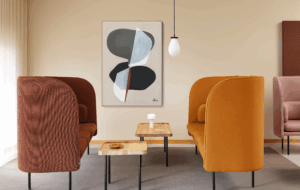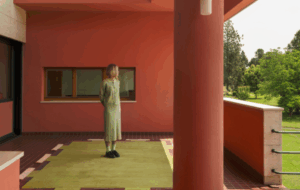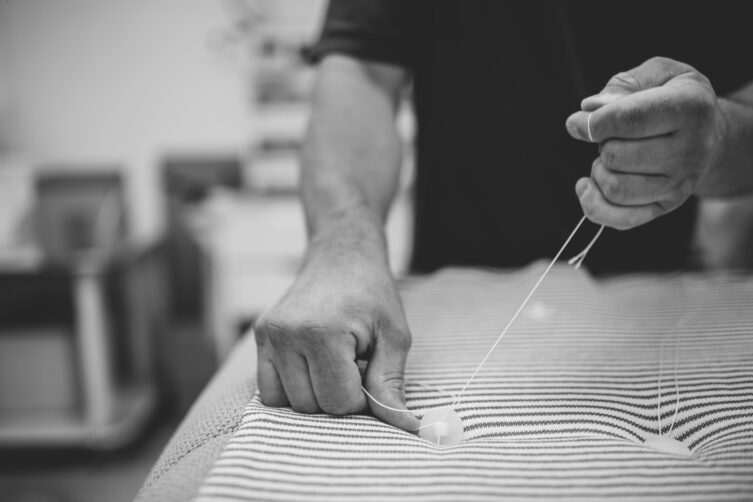
In a drive towards a more sustainable future, Ligne Roset has announced its procurement of a portion of MycoWorks’ production capacity of Reishi™, a mycelium-based biomaterial.
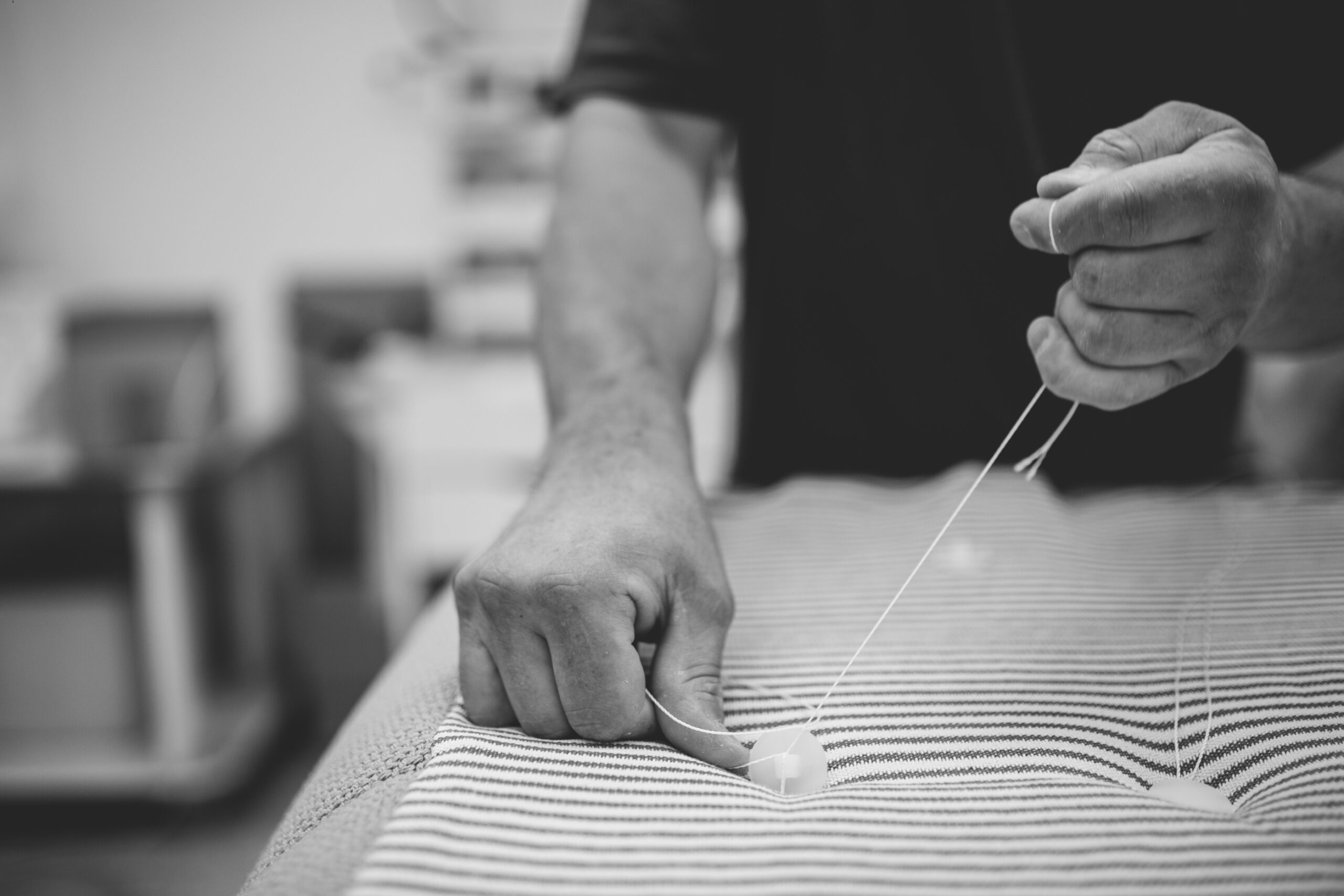
Since its inception in 1860, French design house Ligne Roset has become renowned for its contemporary furniture collections and homewares. Through collaborations the brand has remained at the forefront of the industry growing to become a multinational company with more than 200 exclusive stores and 1000 retail distributors around the globe. With adaptation being the key to its success, the company’s latest acquisition is another move towards the circular, sustainable future it is striving for. In a new partnership with MycoWorks, the San Francisco-based biomaterials company, the brand has announced its procurement of a portion of the MycoWorks production capacity of Reishi™, a mycelium-based biomaterial.
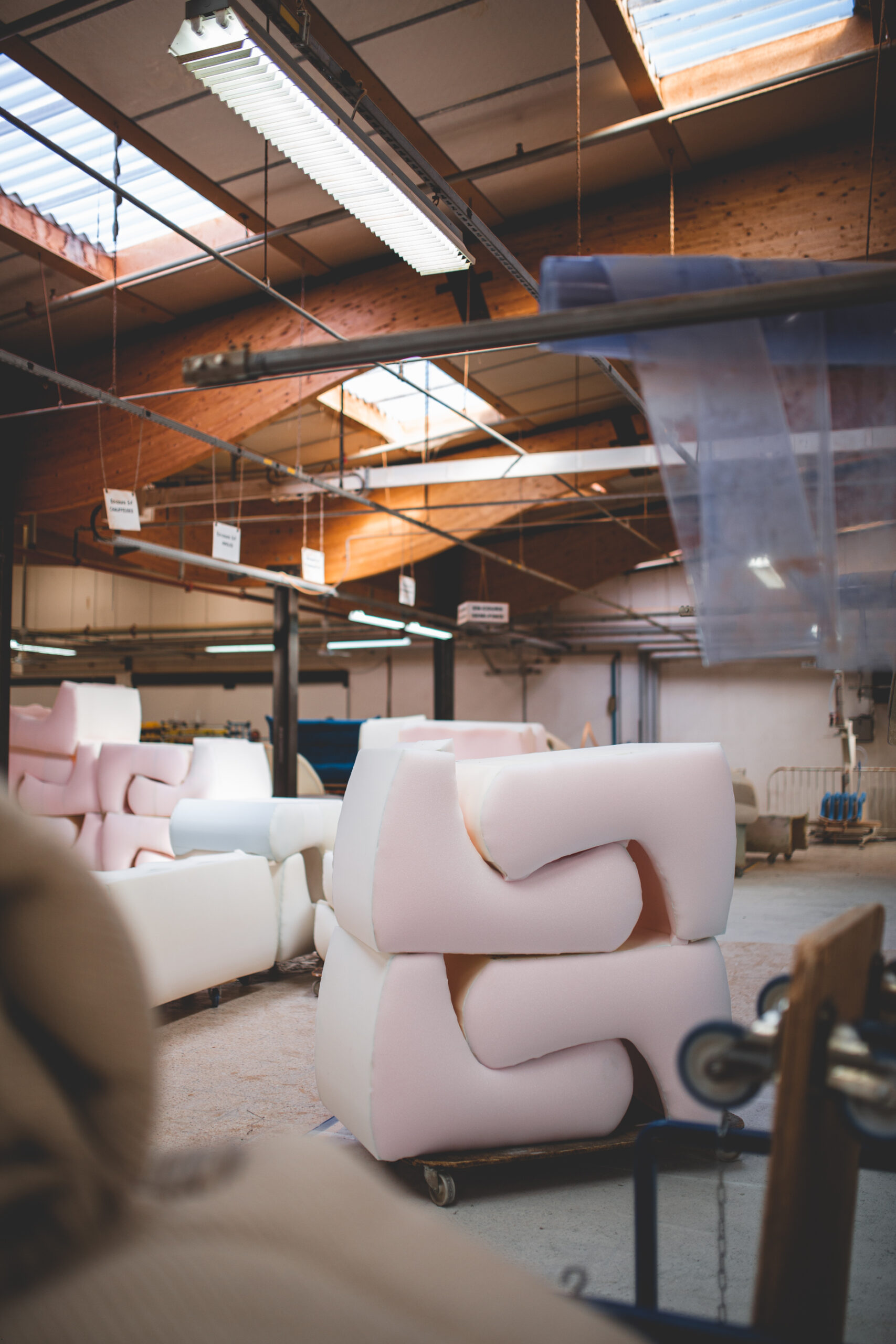
Opening its 136,000 square foot facility in October, in its ten-year anniversary, MycoWorks is dedicated to the development of mycelium-grown materials. With its patented Fine Mycelium™ technology, the company’s flagship material Reishi™ is being picked up by an array of design brands and studios who are looking to incorporate it into their designs as an alternative to leather. Now, following its investment, Ligne Roset will begin incorporating the material within its collections which, thanks to its tactility, strength, and durability, boasts standards similar to that of calfskin leather, but produced with an ethical and sustainable sensibility.
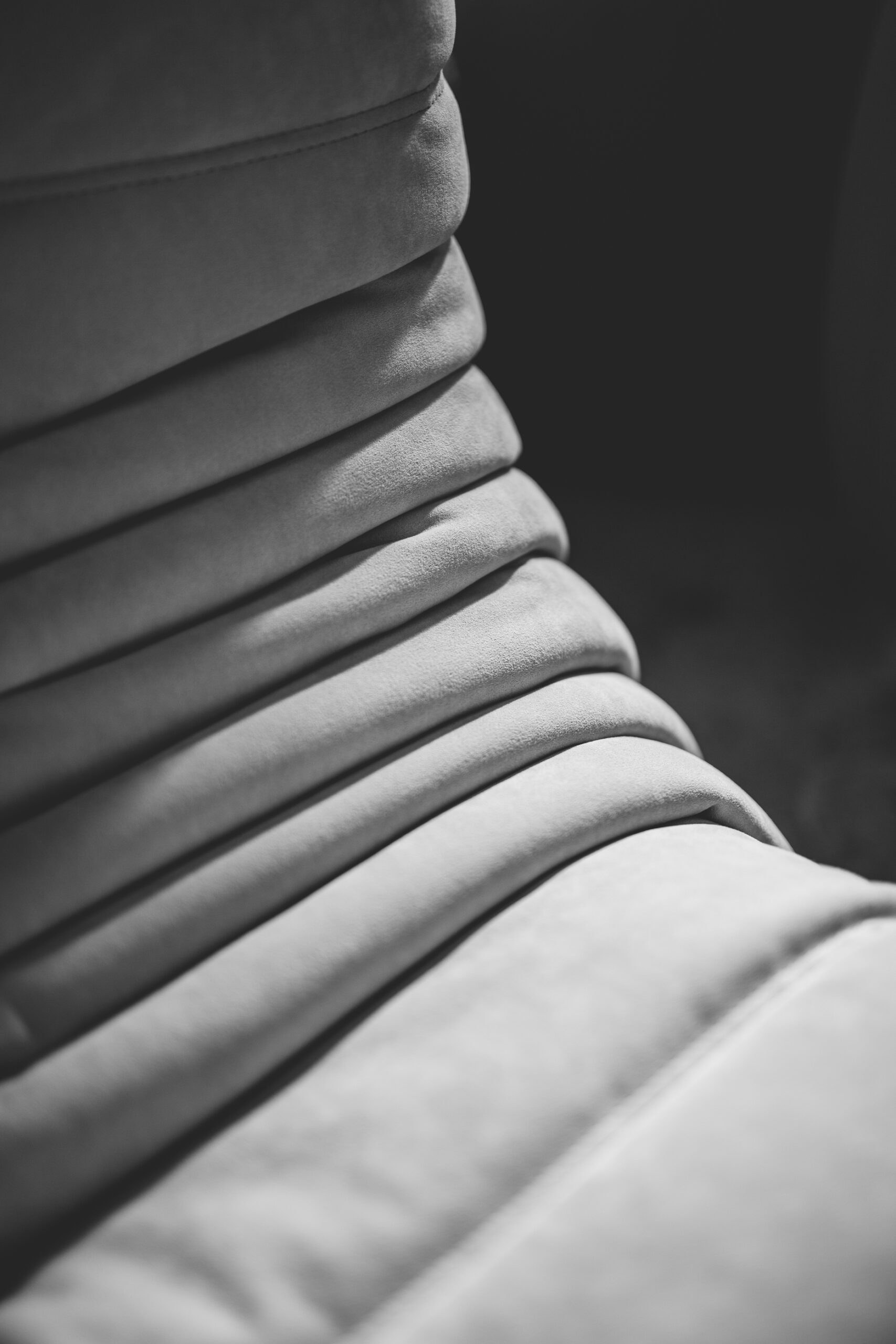
By introducing new materials into its portfolio, Ligne Roset is paying close attention to ensure its superior values of quality and aesthetics are maintained despite the changes and shifts it is making. While staying true to its heritage, the brand is developing a new future that is fuelled by extensive research to ensure that innovation can take place without any compromise on the products that its audience has come to know and love. “Thanks to a talented research and development team based in our factory in Briord, we are able to test a number of new and innovative materials and textiles,” explains the company’s CEO, Antoine Roset. “Depending on the results, we are able to give clear feedback to our suppliers to make sure the materials are of a strong quality but also aesthetically pleasing.” With this careful testing phase an integral part of the brand’s sustainability strategy, Roset also alludes to the increasing digitisation of the production process which is helping to improve its efficiency and reduction of waste.
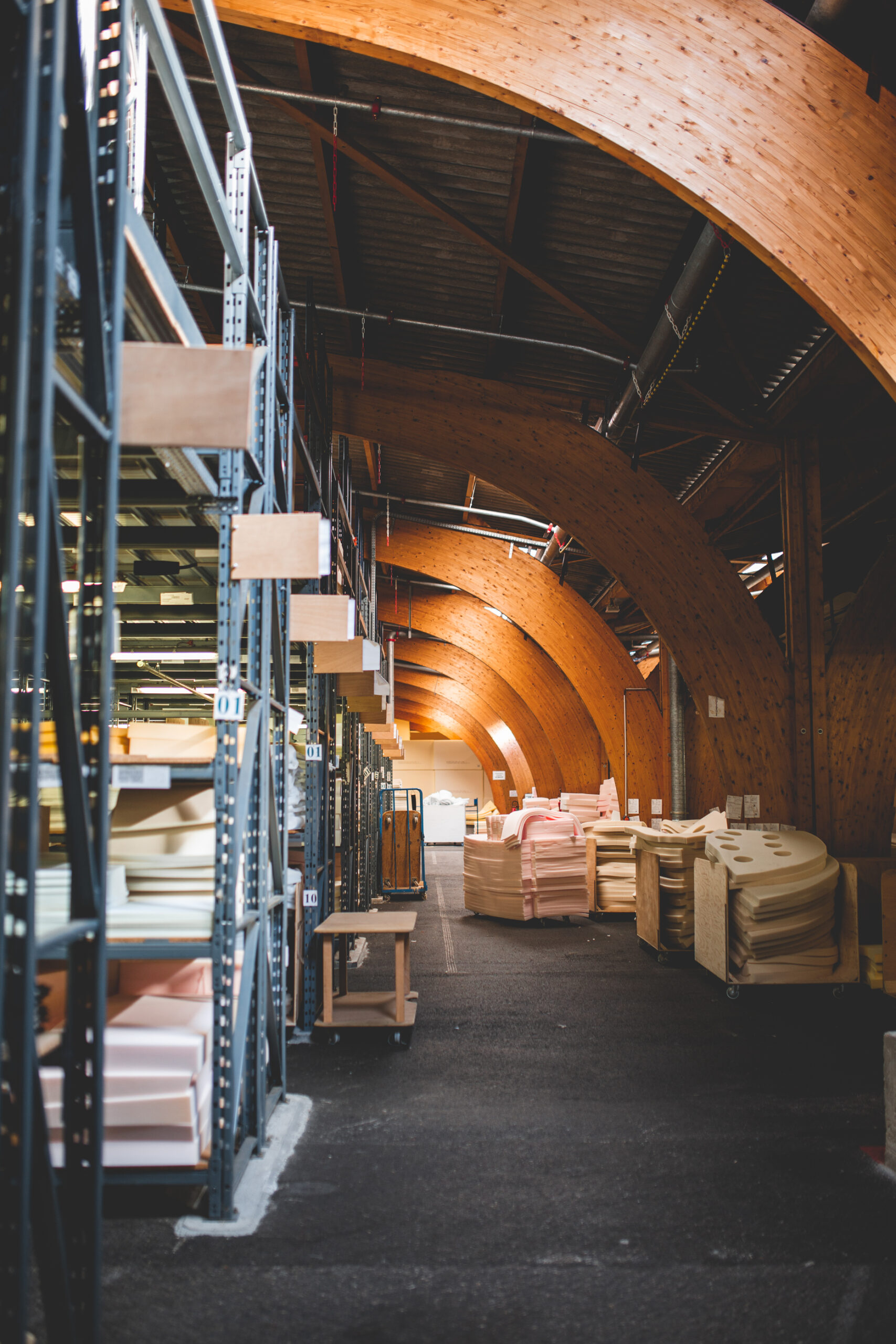
With a long-term commitment to explore and incorporate the use of lower-impact materials such as Reishi™, Ligne Roset is also working on other new initiatives which include the upcycling of existing products and increasing the traceability of each design. “Historically, we have always instinctively and consistently been prioritising the recycling of resources in our factories, when possible,” continues Roset. “More recently, we are building on the integration of recycled and repurposed materials into our practices, embodying a commitment to resourcefulness while maintaining a vigilant approach to waste reduction.” With the development of new materials happening at a quick pace, the company states we can soon expect to see other exciting advancements in its sustainability drive, with vegetable-based materials and biodegradable foams also undergoing tests for future use. While changing the entire production systems within a heritage company can be a difficult challenge, it is encouraging to see a company clearly dedicated to a future of change with a purpose-led and responsible mindset.
Imagery courtesy of Mathieu Bonnevie.

